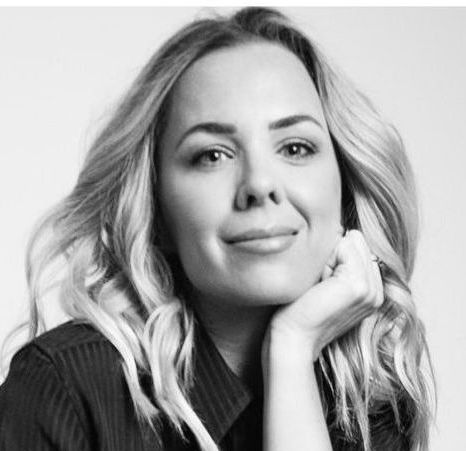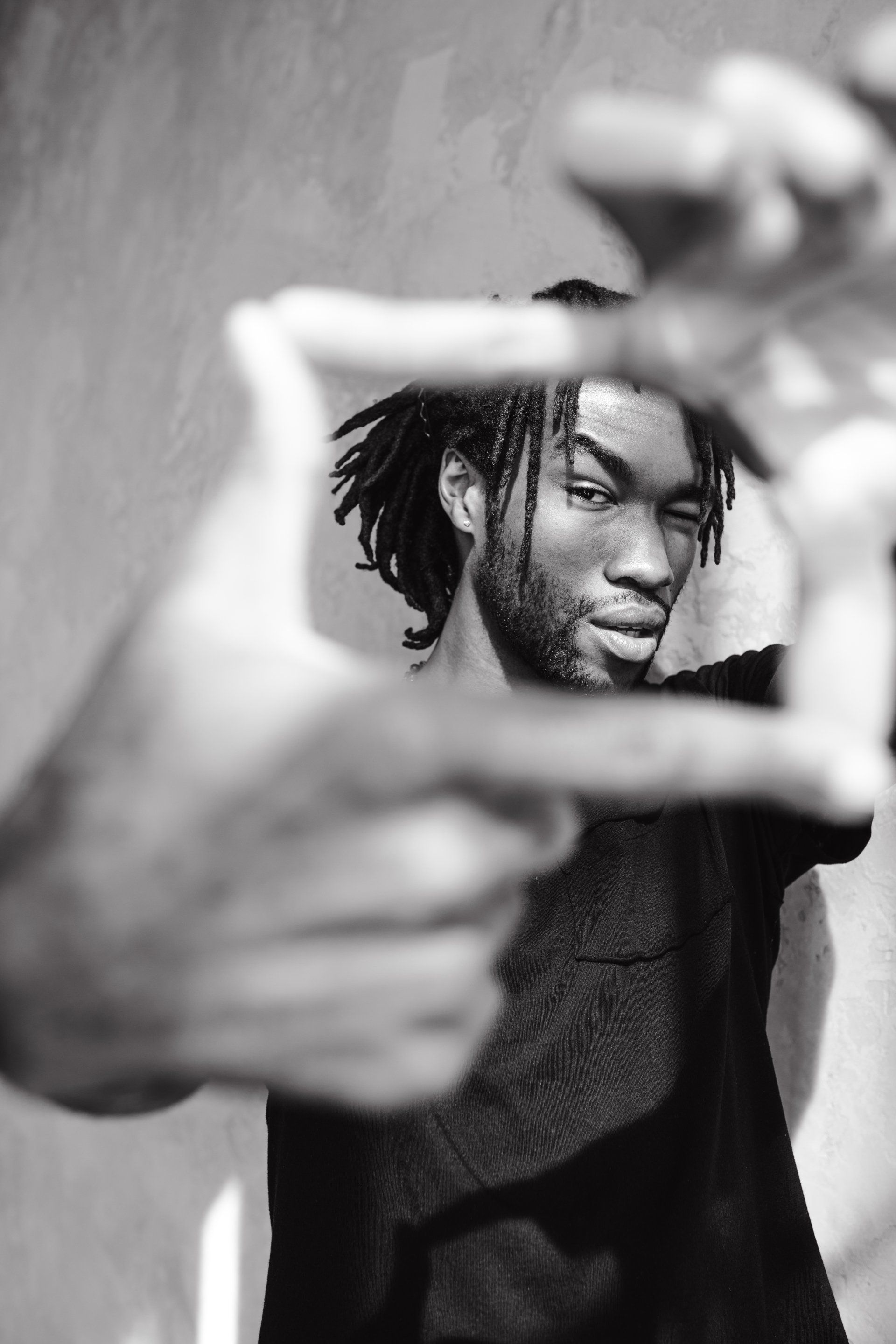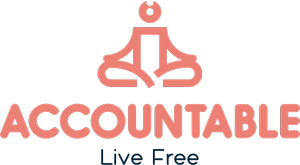Addiction, Overdose, Recovery: A Cycle Broken, A Life Reclaimed
As we approach the significant occasion of Overdose Awareness Day, I find myself reflecting deeply on its profound meaning. As an individual who has navigated the challenging journey of substance abuse, this day resonates with me on a personal level. My past is marked by multiple encounters with overdoses, each one a stark reminder of the path I once tread. However, these experiences have not defined me, but rather, they have shaped me into the person I am today - a resilient individual in recovery. Today, I stand strong in my sobriety, transforming my past struggles into a beacon of hope and strength. Overdose Awareness Day serves as a reminder of where I've been, the progress I've made, and the continuous journey towards recovery that lies ahead.
The Beginning: Growing up, my childhood was a vibrant tapestry woven with threads that unknowingly led me down the path of substance abuse. Raised in a single-parent household, I found myself seeking companionship in the wrong crowd at school, a decision that would later echo in my life choices. My journey took an unexpected turn when I had to undergo multiple knee surgeries. This introduced me to opioids, prescribed by a doctor, which gave me a false sense of security. It was as if the white coat had given me a free pass, making it seem okay to use these potent drugs. Little did I know, this was the beginning of my greatest downfall. This downfall wasn't just a stumble or a misstep. It was a plunge into a hellish abyss, a whirlwind of chaos and despair that seemed impossible to escape from. But every story has its turning point, and mine was no different.
Introduction to Narcan: Living in a perpetual cycle of torment was my daily reality. Each dawn brought with it the harsh sting of withdrawal, my mind consumed by the relentless pursuit of funds to fuel my addiction. The momentary relief that came with each fix was fleeting, instantly replaced by the dread of the impending morning sickness and the desperate need to secure more money. The cycle was unending, each night's efforts to procure funds only leading to the depletion of my stash, setting the stage for another day of suffering. I vividly recall one instance when I received a bag that deviated from the usual. Doubts swirled in my mind about its authenticity, yet the desperation to use it overpowered my apprehension. I remember the sequence of events that followed as if it were yesterday. One moment I was preparing to use, the next, I found myself disoriented in an ambulance. My initial thought was that I had been attacked and robbed. The reality, however, was far more chilling. "You are overdosing, please stay calm," I was told. Despite surviving this near-death experience, the fear it instilled was insufficient to deter me from my destructive path. Within a month, I had overdosed twice more, each time narrowly escaping death's grip thanks to Narcan. This was my life, a relentless cycle of torment, a dance with death, a testament to the devastating power of addiction.
Finding love for myself: On the 21st of January, 2016, I took a step that would forever change my life. I checked myself into inpatient treatment, not out of desire, but out of fear - fear of returning to the cold, unforgiving confines of jail. Little did I know, this decision would become the cornerstone of my transformation, the best choice I had ever made. In the heart of treatment, I crossed paths with a Peer Specialist for the first time. He was a beacon of hope, dressed impeccably, eloquent in his speech, radiating motivation and gratitude. But what struck me most was his story - he too was in recovery from substance abuse. He was the first person I had met who had walked the path I was embarking on, and he made recovery look not just possible, but attractive. His confidence was infectious. He embodied self-love and a future filled with promise, and he made me believe that I could attain the same. He opened my eyes to the world of sober living, therapy, 12-step programs, and medications. He introduced me to positive influences that would help shape my journey, and most importantly, he gave me hope. I followed his lead, and as time passed, I began to see changes within myself. I started to love who I was becoming. His influence sparked a transformation in me, turning fear into courage, despair into hope, and self-loathing into self-love.
The Result: Today, I am living the dream I once painted as a child. I am blessed with a beautiful little girl, whose growth I have the privilege to witness each day. Being her father is a joy that words can't fully capture. My family has embraced the new me, a transformation for which I am deeply grateful. Every morning, I wake up filled with motivation and eagerness to contribute to the field of substance abuse, a cause close to my heart. Along this journey, I've been fortunate to meet some truly wonderful friends who have become pillars of positive influence in my life. I've developed healthy coping skills that I put into practice daily, and discovered new hobbies that inject fun and excitement into my life. My mental health, once a battlefield, is now a garden that grows healthier and stronger each day. Most importantly, I've learned the art of self-love, no longer relying on others for validation. Today, I stand tall, not just as a survivor, but as a man who has learned to love himself and his life.
Overdose Awareness Day - a day of profound significance that deserves our unwavering recognition. Today, I stand before you, not just as a survivor of multiple overdoses, but as a testament to the power of recovery. My journey has been marked by trials and tribulations, yet here I am, grateful for every breath, every moment of this life I now live. My story is one of resilience, a beacon of hope in the face of substance abuse's darkest hours. I am living proof that no matter how deep the abyss, no matter how fierce the storm, there is always a path to recovery. There is always a way out for us all. Remember this day, remember my story, and know that recovery is not just a possibility, but a reality for us all.




hello@youareaccountable.com
(646) 450-7641